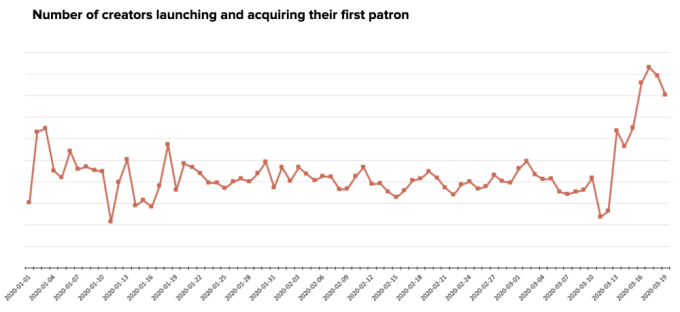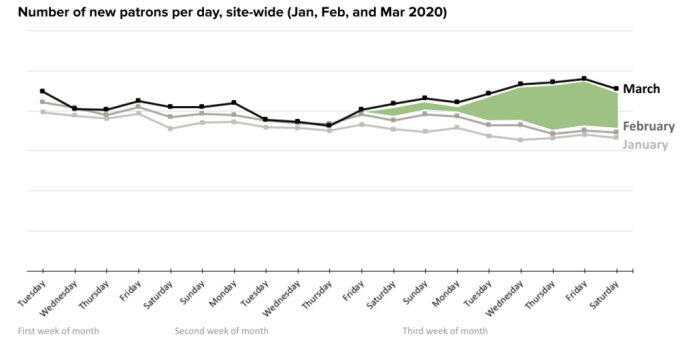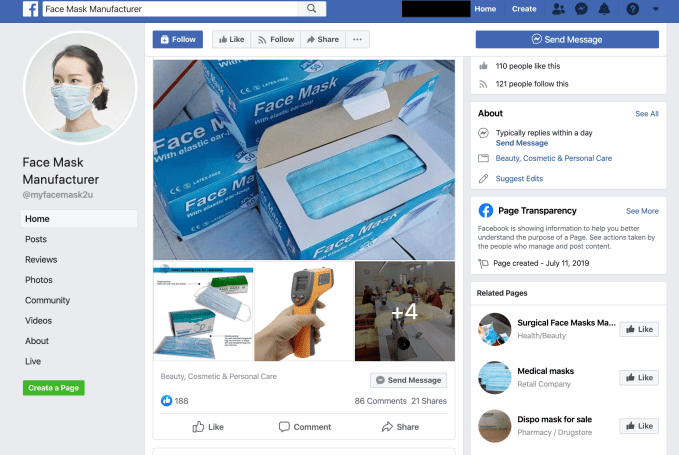Startups across the nation and around the world are looking for ways to relieve shortages of much-needed personal protective equipment and sanitizers used to halt the spread of COVID-19.
While some of the largest privately held technology companies, like SpaceX and Tesla, have shifted to manufacturing ventilators, smaller companies are also trying to pitch in and relieve scarcity locally.
Supplies have been difficult to come by in some of the areas hardest hit by the outbreak of the novel coronavirus, and the shortfalls have been made worse by a lack of coordination from the federal government. In some instances local governments have been bidding for supplies against each other and the federal government to acquire needed personal protective equipment.
On Sunday, New York’s governor Mario Cuomo pleaded with local governments to not engage in a bidding war. In fact, Kentucky was outbid by the Federal government for personal protective equipment.
“FEMA came out and bought it all out from under us,” Kentucky governor Andy Beshear told a local newspaper. “It is a challenge that the federal government says, ‘States, you need to go and find your supply chain,’ and then the federal government ends up buying from that supply chain.”
Against this backdrop local startups and maker spaces are stepping up to do what they can to fill the gap.
Alcohol brands are turning their attention to making hand sanitizer to distribute in communities experiencing shortages. 3D printing companies are working on new ways to manufacture personal protective equipment and swabs for COVID-19 testing. And one fast fashion retail startup is teaching its tailors and seamstresses how to make cloth masks for consumer protection.
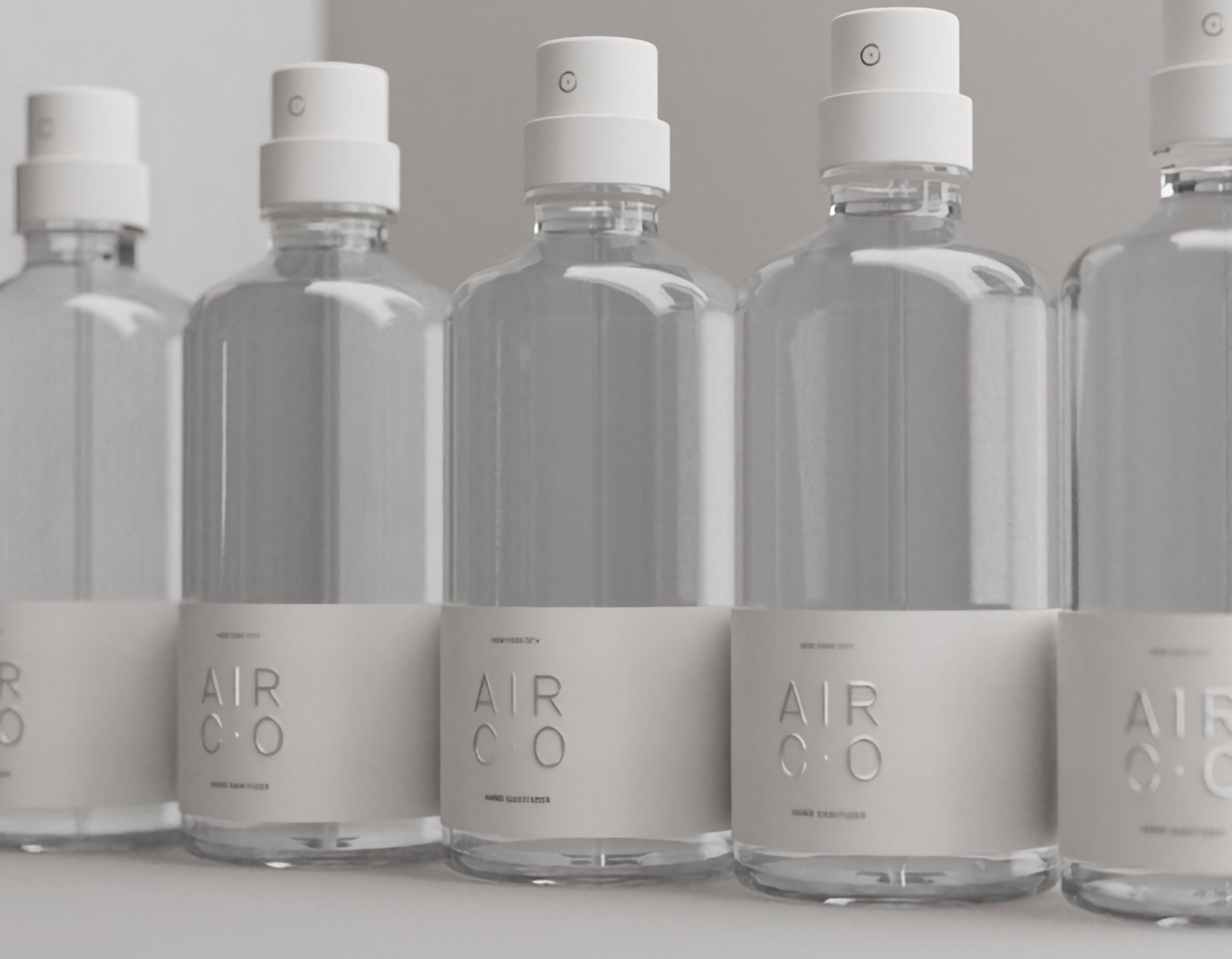
AirCo, a New York-based startup that developed a process to use captured carbon dioxide to make liquor, shifted its efforts to making hand sanitizer for donations in communities in New York City.
Now, new alcohol brands Bev and Endless West are joining the manufacturing push.
Endless West announced this morning that it would shift production away from its distillery to begin making hand sanitizers. The World Health Organization approved their sanitizers, which the company will produce in its warehouse in San Francisco.
The 2-ounce bottles will be donated to local restaurants and bars that remain open for delivery, so that employees can use them and distribute them to customers. Bulk quantities will be distributed to healthcare organizations and facilities that need them.
Endless West also put out a call for other companies to provide supplies to hospitals and health organizations in the San Francisco Bay Area.
“We felt it was imperative to do our part and dedicate what resources we have to assist with shortages in the healthcare and food & beverage industries who keep the engine running and provide such important functions in this time of immense need throughout the community.” said Alec Lee, CEO of Endless West, in a statement.
Los Angeles-based Bev is no different.
“As an alcoholic beverage company, Bev is very lucky in that we are licensed to purchase ethanol directly from our suppliers, who are doing their part by discounting the product to anyone licensed to purchase it,” said Bev chief executive, Alix Peabody. “Community underscores everything we do here at Bev, and as such, we will be producing hand sanitizer and distributing it free of charge to the homeless and elderly communities here in Venice, populations who largely have insufficient access to healthcare and essential goods like sanitizer.”
Hand sanitizer is one sorely needed item in short supply, but there are others — including face masks, surgical masks, face shields, swabs and ventilator equipment that other startups are now switching gears to produce.
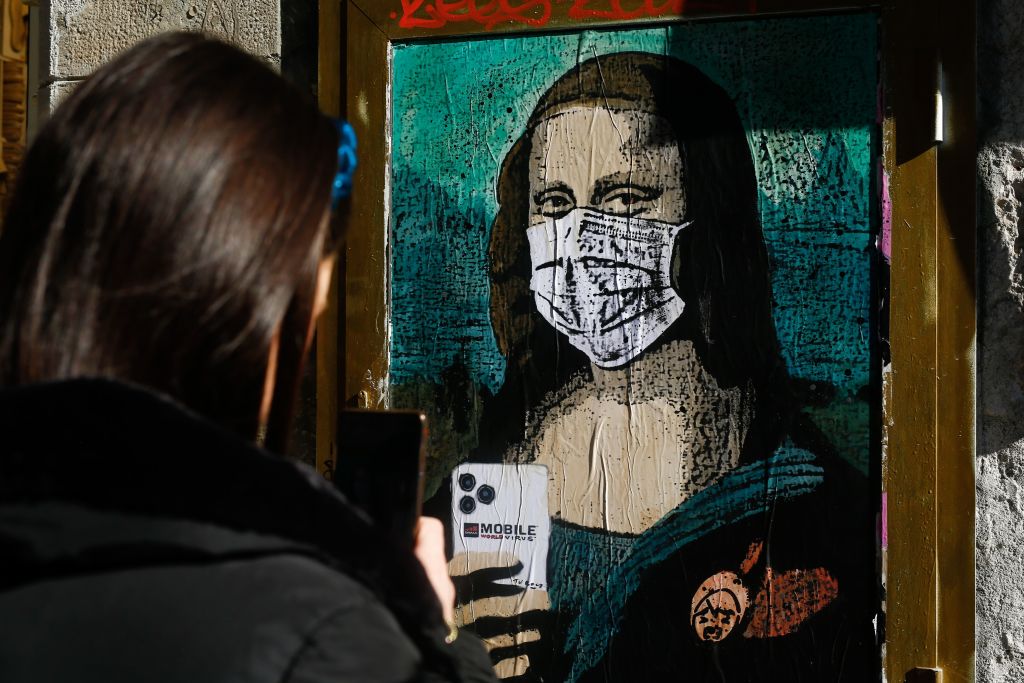
(Photo by PAU BARRENA/AFP via Getty Images)
In Canada, INKSmith, a startup that was making design and tech tools accessible for kids, has now moved to making face shields and is hiring up to 100 new employees to meet demand.
“I think in the short term, we’re going to scale up to meet the needs of the province soon. After that, we’re going to meet the demands of Canada,” INKSmith CEO Jeremy Hedges told the Canadian news outlet Global News.
3D printing companies like Massachusetts-based Markforged and Formlabs are both making personal protective equipment like face shields, as well as nasal swabs to use for COVID-19 testing.
Markforged is pushing ahead with a number of efforts to focus some of the benefits of 3D printing on the immediate problem of personal protective equipment for healthcare workers most exposed to COVID-19.
“We have about 20 people working on this pretty much as much as they can,” said Markforged chief executive, Gregory Mark. “We break it up into three different programs. The first stage is prototyping validation and getting first pass to doctors. The second is clinical trials and the third is production. We are in clinical trials with two. One is the nasal swab and two is the face shield.”
The ability to spin up manufacturing more quickly than traditional production lines using 3D printing means that both companies are in some ways better positioned to address a thousandfold increase in demand for supplies that no one anticipated.
“3D printing is the fastest way to make anything in the world up to a certain number of days, weeks, months or years,” says Mark. “As soon as we get the green light from hospitals, 10,000 printers around the world can be printing face shields and nose swabs.”
FormLabs, which already has a robust business supplying custom-printed surgical-grade healthcare products, is pushing to bring its swabs to market quickly.
“Not only can we help in the development of the swabs, but we can manufacture them ourselves,” says FormLabs chief product officer, David Lakatos.
Swabs for testing are in short supply in part because there are only a few manufacturers in the world who made them — and one of those primary manufacturers is in Italy, which means supplies and staff are in short supply. “There’s a shortage of them and nobody was expecting that we would need to test millions of people in short order,” says Lakatos.
FormLabs is also working on another piece of personal protective equipment — looking at converting snorkeling masks into respirators and face masks. “Our goal is to make one that is reusable,” says Lakatos. “A patient can use it as a respirator and you can put it in an autoclave and reuse it.”
In Brooklyn, Voodoo Manufacturing has repurposed its 5,000 square foot facility to mass-produce personal protective equipment. The company has set up a website, CombatingCovid.com, where organizations in need of supplies can place orders. Voodoo aims to print at least 2,500 protective face shields weekly and can scale to larger production volumes based on demand, the company said.
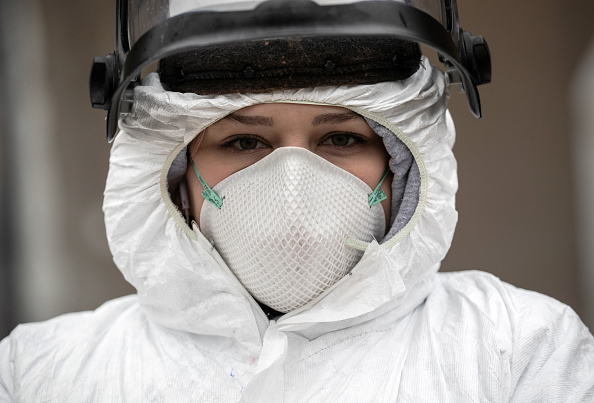
STAMFORD, CT – MARCH 23: Nurse Hannah Sutherland, dressed in personal protective equipment (PPE) awaits new patients at a drive-thru coronavirus testing station at Cummings Park on March 23, 2020 in Stamford, Connecticut. Availability of protective clothing for medical workers has become a major issue as COVID-19 cases surge throughout the United States. The Stamford site is run by Murphy Medical Associates. (Photo by John Moore/Getty Images)
Finally, Resonance, the fast fashion startup launched by the founder of FirstMark Capital, Lawrence Lenihan, is using its factory in the Dominican Republic to make face masks for consumers on the island and beyond.
“To contribute to the Dominican health efforts, Resonance is acting to utilize their resources to manufacture safety masks for distribution to local hospitals, nursing homes, and other high-risk facilities as quickly as possible. They have provided user-friendly instructions and material and will pay their sewers who can to make these masks from the security of their homes,” a spokesperson for the company wrote in an email. “Resonance is currently working to share this downloadable platform and simple instructions to their website, so anyone in the world can contribute to their own local communities.”
All of these efforts — and countless others too numerous to mention — point to the ways small companies are hoping to do something to help their communities stay safe and healthy in the midst of this global outbreak.
But many of these extreme measures may not have been necessary had governments around the world actively coordinated their response and engaged in better preparation before the situation became so dire.
There are a litany of errors that governments made — and are still making — in their efforts to respond to the pandemic, even as the private sector steps in and steps up to address them.







